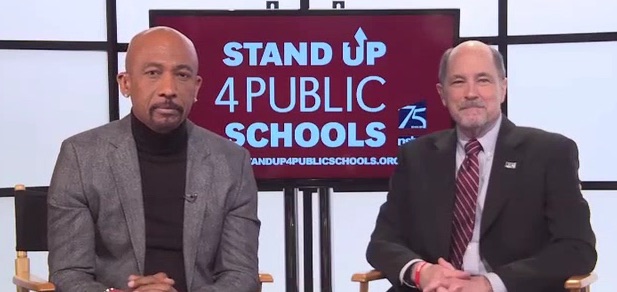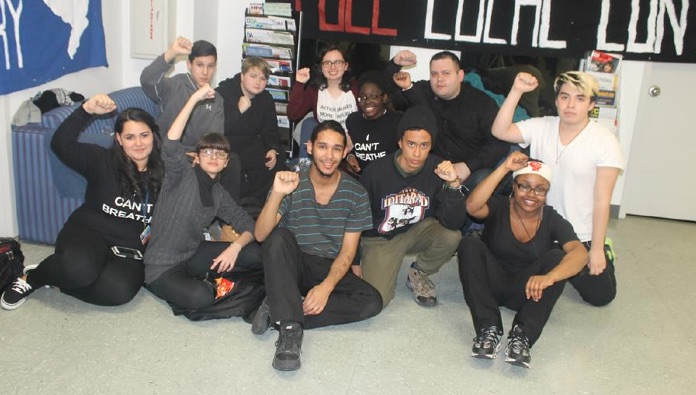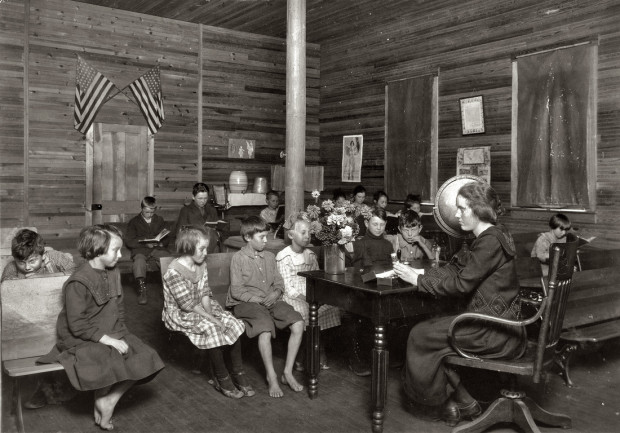Full speech from Jesus "Chuy" Garcia from primary night

BY CHICAGOFORCHUY.COM | 02/24/2015
Nobody thought we'd be here tonight.
They wrote us off …said we didn’t have a chance …said we didn’t have any money …while they spent millions attacking us.
Well …we’re still standing.
We’re still running
And we’re going to win.
Today we the people have spoken…
…not the people with the money and the power and the connections…
…not the giant corporations …the big money special interests …the hedge funds and Hollywood celebrities who’ve poured tens of millions into the Mayor’s campaign.
They’ve had their say for too long.
They’ve had their way for too long.
But today, the rest of us had something to say ...the bus drivers …train operators ... police officers and emergency responders …students …health care workers …retirees, block club leaders… community organizers… teachers …working moms and working dads …the people who make this great city great …we have something to say…
We have something to say to all those big corporations and special interests who’ve spent all those millions to install their own Mayor:
We want a change.
There have been ten thousand shootings in Chicago in the last four years …and it’s just wrong for our children to have to dodge bullets on their way to school.
That’s going to change …and we’re going to change it …together.
It’s wrong for the Mayor to cut our police …and then use the money to give corporations one hundred million dollars in tax breaks.
That’s going to change ...and we’re going to change it …together.
It’s wrong for the Mayor to cut our neighborhood schools …but then pass out tens of millions in giveaways to his cronies and campaign contributors.
That’s going to change ...and we’re going to change it …together.
This city deserves a Mayor who will put people first, not big money special interests.
I will be that Mayor.
This city needs a Mayor who will listen to people …the people who get up every day, work hard, pay their bills, and want nothing more than a good job, a safe neighborhood for their family and a good school for their kids.
You are the people who really make this city work …each and every one of you.
I will not forget you. And I will listen to you.
I will be your Mayor.
Want to know who this campaign is for?
It’s for Erika Wozniak, one lone 5th grade teacher.
She’s been teaching for 11 years now. She’s devoted her life to our kids.
Well, Erika told me about one of her favorite students, a little girl …smart as a whip… who loved her friends …loved her teachers …loved her school.
One day, that little girl’s parents came in and told Erika they had to move to the suburbs.
Why? Because she was squeezed into a classroom with 35 other kids and it just wasn’t fair.
That little girl left Chicago. Her parents left Chicago.
And it wasn’t just Erika’s loss.
It was Chicago’s loss.
It was our loss.
We’ve lost over two hundred thousand people in Chicago since the turn of the century.
Two hundred thousand.
People like Erika’s 5th grade student …whose parents didn’t want her stuffed into an overcrowded classroom.
People all over this city who’ve gotten tired of the daily sound of gunfire echoing down their streets …in their parks …on their playgrounds.
When I was younger I remember reading the words of a famous civil rights leader.
Her name was Fannie Lou Hamer.
You know what she said?
“I’m sick and tired of being sick and tired.”
Well, today, a majority of the people of Chicago said with one loud voice: we’re sick and tired of being sick and tired.
We are going to build a new Chicago …a Chicago that works for everyone …a Chicago that people want move to …not run away from.
Chicago’s going to change …and starting six weeks from tonight …we’re going to change it …together.
There are some people I want to thank tonight, starting with my wife, Evelyn
(Acknowledgements)
We’ve got six weeks of hard work ahead of us …and believe me these big money interests are going to throw everything they’ve got at us. They run this town and they’re not going to give up easy.
But we’re going to fight …and we’re going to work …and we’re going to win.
We’re going to change this city …together.










/cdn0.vox-cdn.com/assets/4352485/178214439.jpg)






